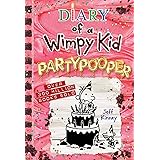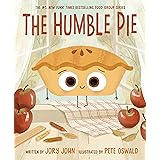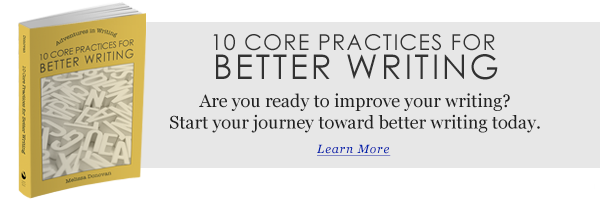“Why Shielding Your Hero Could Be the Biggest Mistake in Your Storytelling”
Have you ever noticed how we tend to put our protagonists on pedestals, giving them a pass for their flaws while they gallivant through the pages of our stories? This intriguing dynamic was brought to light during a workshop I attended at the Sirenland Writer’s Conference, where Jim Shepard, a fiction writer and professor, dropped a truth bomb on us: “Stop protecting our protagonists.” At first, it seemed almost absurd—how could we be endangering the very essence of our narratives? But as the workshop unfolded, it became clear: even when we craft memoirs, we often forget that the central figure—or protagonist—is ourselves. We can be too close to our narratives, blinded by an instinct to shield our past selves from scrutiny. This article digs deep into the complexities of storytelling and self-representation, urging memoirists to embrace the uncomfortable truths of their journeys. Let’s explore how to shine light on those shadowy corners of our lives that we might be too eager to hide. Ready to peel back the layers and expose those truths? LEARN MORE.

And if you’re writing memoir, YOU are the protagonist
A couple of years ago I attended the Sirenland Writer’s Conference, where I worked with fiction writer and professor extraordinaire Jim Shepard. Our workshop consisted of a wide-ranging mix of memoirists, fiction writers, and one biographer. Yet for each and every one of us, Jim’s primary note was to STOP PROTECTING OUR PROTAGONISTS. He stunned us because he was absolutely right. We were all unwittingly letting our protagonists — which meant ourselves, if we were memoirists — off the hook.
Not one of us had any idea we were doing it. As writers, we just instinctively covered for our narrators, beloved subjects, and past selves who appeared as the main characters in our work. We were so close to them, we couldn’t see them clearly. We didn’t want to reveal their weak or unseemly sides. So we avoided scrutinizing the many ways they were complicit in the trauma, grievances, sorrows, and failures that darkened their stories.
Examples? Here’s a round-robin from the workshop:
- A fiction writer narrates her story from the POV of a character who feels lost and helpless, but ignores the question of that character’s agency — which would give the work more direction and meaning.
- A memoirist writing about her career in a male-dominated profession stacks the narrative deck against her sexist colleagues but lets herself off the hook when it comes to her own accountability.
- A biographer writing about a major pop star who overdosed is so consumed with sympathy and admiration for her subject that she fails to honestly reckon with the many ways the star sabotaged her own life.
As example after example was unpacked, I realized that my own memoir about the frustrating wall of silence that my father built around himself failed to confront the many ways that I helped him build and maintain that wall. Like all the other members of the group, I could not see that I, as protagonist, was complicit in the problem at the heart of my story.
Be a detective in your own story, and if you’re a memoirist, remember that your past self is always under suspicion.


















